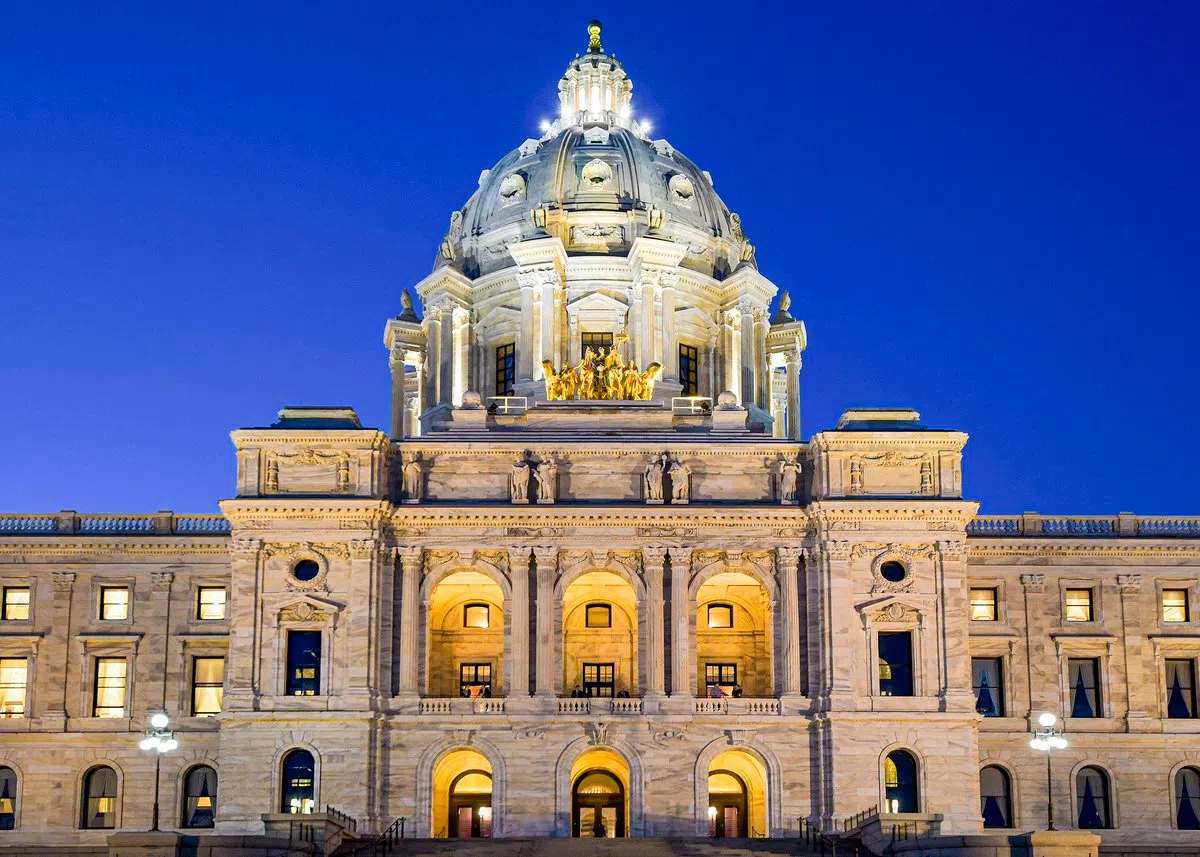- Transportation and Safety Changes Lead Minnesota Reforms
- Washington Expands Worker Protections and Raises Taxes
- Anti-Fraud Measures Follow Minnesota Scandals
Motorcycle riders weaving between cars and young boaters navigating Minnesota lakes will face new rules starting today, as both Minnesota and Washington implemented dozens of laws that touch everything from workplace protections to entertainment venue policies.
The coordinated July 1 effective date represents the culmination of legislative sessions in both states, with Minnesota alone enacting measures that range from anti-fraud protections sparked by high-profile scandals to the creation of the nation's first law protecting children featured in social media content.

Minnesota's most visible changes affect roads and waterways. Motorcyclists can now legally split lanes or filter between cars traveling in the same direction at 25 mph or less, making Minnesota the 13th state to allow the practice123. Supporters argue the change will improve traffic flow and reduce accidents.
On the water, boaters 21 and younger must now obtain a watercraft operator's permit, with the requirement expanding to additional age groups over the next several years453. Anyone renting a boat regardless of age will also need a permit.
Entertainment venues hosting ticketed events for 100 or more people must provide free water access and allow attendees to bring sealed or empty water bottles inside1462. The law addresses concerns about dehydration at concerts and festivals.
Washington's changes focus heavily on employment law and revenue generation. House Bill 1905 expands the state's Equal Pay and Opportunities Act to include additional protected classes such as age, marital status, sexual orientation, and immigration status1. The law requires employers to ensure compensation practices avoid discrimination across this broader list.
A separate measure prohibits employers from using immigration status to coerce employees regarding wage violations or working conditions1. Washington drivers will also pay six cents more per gallon in gas taxes, with automatic 2% annual increases tied to inflation2.
Minnesota implemented new oversight measures following the Feeding Our Future fraud scheme, according to the Star Tribune1. State agencies can now withhold funding for up to 60 days from organizations suspected of fraud, while new training requirements target employees administering state grants23.
The state also raised its cannabis gross receipts tax from 10% to 15%, placing Minnesota in the top third of states for cannabis taxation when combined with existing sales taxes24. A new ombudsperson position will mediate disputes between homeowners and homeowners' associations, addressing complaints about conflicts of interest and power abuses13.




